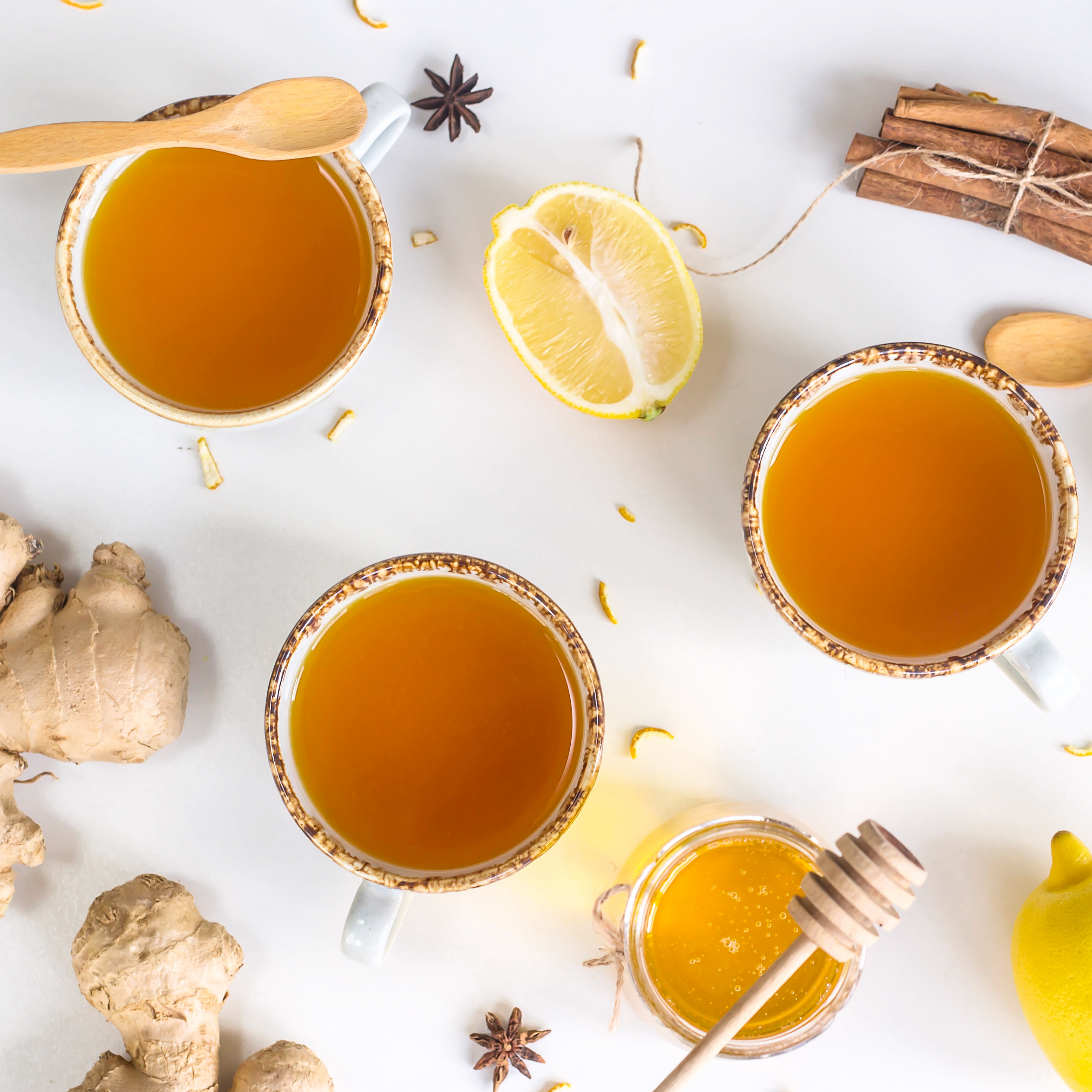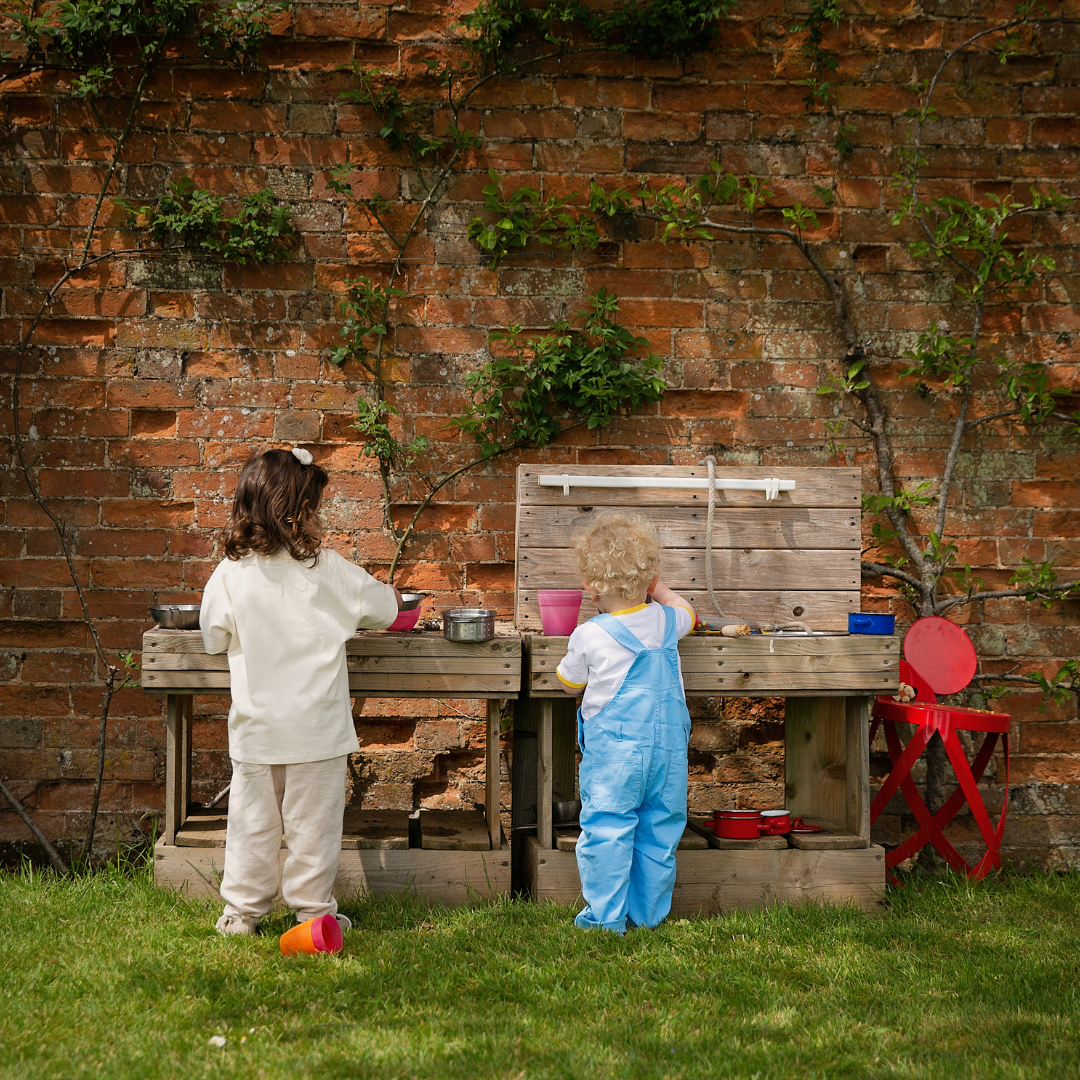Ask the experts: Jane Clarke on supporting the immune system

Jane Clarke is a dietician and one of Britain’s most trusted nutritionists. We were lucky to have some time with her recently to talk about how best to support your family's immune system.
With cold season seeming to be sticking around, as well as COVID continuing to affect many families, what can we be doing to best support our immune systems?
The first, and perhaps most important, thing to do is to make sure you are well nourished and to get the basics right from the start. There can be a tendency to think there is one specific food that can be great for the immune system, but if you chase one particular superfood or a miracle cure, then you run the risk of missing out on laying the nutritional foundations.
What are those key nutritional foundations?
One of the key ones is protein, as it is incredibly good at helping the body build its immune system. High quality meat is a good source of protein, but I know that there are currently many people trying to reduce the amount in their diets, so other good sources of protein include nuts, seeds, nut butters, hummus, and many vegetables such as broccoli, spinach and sweet potatoes.
The second nutrient that you want to look for are antioxidants, which are the compounds mainly found in fruit and vegetables, as they help to ward off free radical damage and infections. Simple ways of increasing antioxidant intake could be to squeeze a bit of lemon juice in your water or adding a bit of lime onto a salad. I was feeling a little run down at the weekend, so I had good old chicken soup with loads of fresh parsley and I squeezed lemon and lime into it just before eating it.
Why is best to do just before eating?
Because although vitamin C is a strong antioxidant it is affected by heat and you deplete its effectiveness as time goes on, so by adding a quick squeeze to food before eating is best. Another good thing to do is squeeze lemon or lime into ice cube trays and then pop it into hot water for that instant vitamin C shot.
That’s a great idea, as I often make a hot honey and lemon for my children in the morning, so that’s a great time-saving hack.
I also do it ginger and turmeric as well, as it is a great and easy way of adding them to your diet. It’s best to try and get hold of turmeric root if possible, as that is a natural antioxidant and anti-inflammatory, so if you’re feeling like your body is fighting something, whether its COVID or any chest infection, turmeric is a fantastic natural remedy. You can pop it into teas, juices, or chicken soup as I did at the weekend.
What a great idea, I am going to do that this weekend. Why did you suggest parsley?
Parsley, like all fresh herbs, is rich in flavonoids which are a natural anti-inflammatory. They’re not only great for vitamin C but they help give that lovely pop of flavour to your food. Dill is another favourite of mine, and I would just finely chop it and add to the food at the last minute to add vibrant colour and flavour, while the freshness helps provide optimum nutrition.
Is it best to use fresh herbs?
Fresh is always best if you can get it, but you can also get fantastic frozen herbs. Because there is very strict legislation surrounding freezing foods, you can get spice, ginger, turmeric and they will have had to legally frozen them within a time frame, whereas something can be called ‘fresh’ and it may not be.
Do you literally freeze the herbs as they are?
You can freeze them as is or you can make them into a stock. If you’re making fresh chicken stock you can add sage leaves – herbs like sage and rosemary don’t tend to be had as fresh. Another clever thing would be to make pesto by putting the herbs in and let them infuse in the oil and unlike vitamin C, herbs don’t tend to lose their potency over time.
What about dried herbs?
The drying process takes the vitamin C away – but they are still a great way of adding flavour – especially if you are trying to reduce your salt intake. Although we tend to just associate salt with heart disease and increasing blood pressure, salt depletes the bones, so minimising intake for you and your children is very important. Again, you could make a soup using dry sage and then bring the vitamin C in by squeezing in lemon and lime at the end and getting the balance of the fantastic flavours and herbs from the live citrus.
What hacks can someone do for inflammation and intolerances?
When the body is inflamed you can find that the gut is less tolerant – one thing that I would say is to say less tolerant to something rather than thinking you are intolerant and can’t ever touch it. So, when you’re run down, over tired or fighting a bug then you might be more sensitive to things like gluten and dairy. But it’s a tolerance level so you’ll find you can tolerate some, so keep a little diary and note what you had and what the body is feeling, if you notice a correlation, you might notice that having gluten at the beginning of the day suits some people whereas warm organic milk at the end of the day might soothe some people. This is rather than thinking you need to cut out a whole food group completely, it’s more about how much can you tolerate, so you can enjoy food without triggering too much inflammation in the body.
I have a question from a mother whose family has been affected by COVID, what can be done to help the whole family?
Cook lots of hearty soups, as it’s so easy and can be drunk instead of a cup of tea. When you aren’t feeling well your body tends to tolerate warm things rather than something cold, so you could roast a tray of vegetables that the family can dip into and share because it’s about grabbing those appetite moments rather than sitting around the table together. Take a cup of soup to bed or while you’re watching a film have some raw veg and hummus, try and have a quick fix. With gluten, as long as you’re not coeliac or gluten intolerant, toast is easier to stomach than raw bread. So, if you do a thin slice of sourdough – sourdough is good as it’s a slow fermentation bread, which means the gluten is easier to digest – it is a good way of having something with carbohydrate in and it’s easier to digest when you have an inflamed gut.
What is your go to breakfast?
At the moment I’m cooking quite a few frittatas, I will make one at the weekend and it will last for four days. So, I will warm it up and then put a dollop of yogurt on the side, that is 5 minutes of preparation, and it makes me feel I’m not running on empty for the day.
My son is obsessed with porridge at the moment, is there a good way of enhancing that?
I’d do stewed fruits, as they are easier to digest than raw fruit. There is a recipe on my website for cooked apple and pears, or if you’ve got either fresh or frozen berries then you can just cook them in a bit of apple juice and put them into Kilner jars and just add a spoonful to porridge along with some toasted seeds for a very nutritious breakfast.



